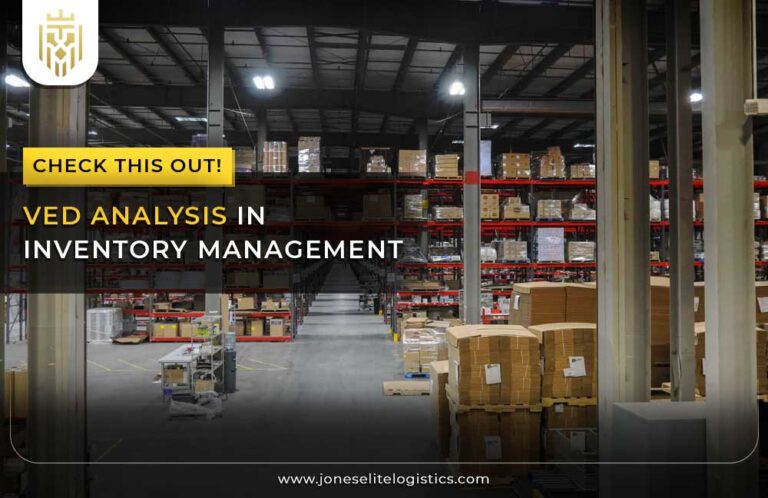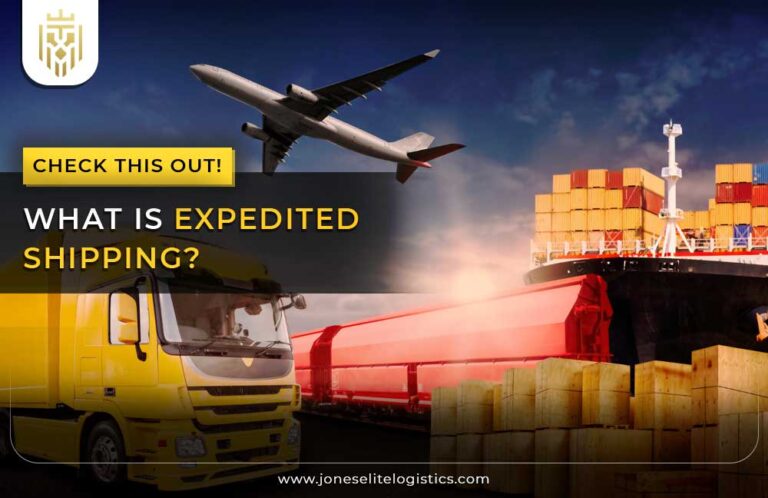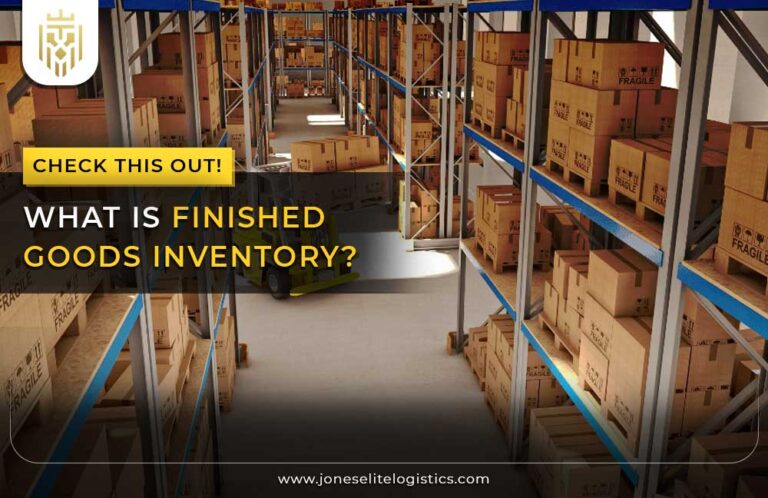Logistics can be defined as the process of acquiring, managing, and distributing materials, services, capital assets, goods, and information necessary for the productive process at the right time and an optimum cost for the satisfaction of consumer demand. It covers activities such as transportation, packing and storing of products, material handling, order processing, and supply chain management to support the running of the business and satisfy the demand of the consumers.

Role of Logistics:
Logistics is an important element of the supply chain due to the proper distribution of the stocks, the minimization of operational expenses, the satisfaction of consumers, and the effectiveness of competition for all entities. Logistics management enables organizations to adapt the market requirements, control their resources, and organizational flow, and in general, provide a higher level of client satisfaction.
Material Sourcing:
Purchasing consequently relates to acquiring both bought-in and other materials required for production as input materials. It entails identifying good suppliers, bargaining for good deals, guaranteeing the quality of goods received from the suppliers, and controlling the relationship with the supply partners. Proper material acquisition prevents various production processes from being stopped or delayed.
Transportation:
Transportation in logistics is another element in logistics and is the actual physical movement of goods from one place to another place. This involves the identification of the right transportation mediums (whether it is road, rail, sea, or air), route planning, and the organization of logistics systems in order to facilitate timely and efficient delivery at minimum cost.

Order Fulfillment:
Order fulfillment is a process of managing the entire path of orders received from customers up to the delivery of the product to the customer. Warehouse operations involve the receipt of the order, selecting the products, packing, marine, and returning. Order fulfillment is crucial in customer satisfaction as it is the process of making sure that the customer gets the ordered product/ service without causing any delay or inconvenience.
Warehousing:
The essential concept of warehousing entails the storage of goods in a proper and orderly method. Some of the responsibilities include the distribution and arrangement of the warehouse space, inventory demand, and protection of the stored products. Warehousing is an important link in the supply chain because it provides a safe inventory, allows for the migration of large orders, and enables appropriate distribution of products in an organization’s networks.
Demand Forecasting:
Demand forecasting is an estimation of future customer requirements based on collected data, market conditions, and analytical methods. Demand forecasting is critical for managing inventories, productions, and logistic supply to meet the market demand of businesses. That way, they minimize the chances of having excess stock or running out of stock, enhance the allocation of resources, and better their decision-making.
Inventory Management:
Inventory management refers to the overseeing of a company’s stock such as when to order and how to store and use the stock. Its key objectives include maintaining the right stock quantities, reducing costs associated with holding inventory, ensure that it does not run out of stock for its products and these must be met.
Types Of Logistics:
Depending on the aspects of the supply chain it caters to; logistics can be classified as inbound logistics, outbound logistics, distribution logistics, reverse logistics, third-party logistics (3PL), fourth-party logistics (4PL), green logistics, military logistics, e-tail logistics etc.
Inbound Logistics:
Inbound logistics is the understanding of how products and materials arrive, are received, and are stored in a business. However, it is specifically involved with the acquirement and movement of materials and parts for production purposes. Accurate inbound logistics guarantees that manufacturing activities are not disrupted because of stock out of raw materials.

Outbound Logistics:
Outbound logistics refers to the transportation and delivery of the final product to the consumer from manufacturing companies. This encompasses storing the goods, picking, and taking them to the required location or customer’s place. Outbound logistics is essential for shipping products to customers in a timely manner, therefore promoting customer satisfaction and retention.
 Distribution Logistics:
Distribution Logistics:
Distribution logistics is one of the last links in the supply chain and concerns the delivery of goods from warehouses to retailers or the final consumer. It covers responsibilities within the organisation like managing stock, purchasing orders, and delivering products. The aim is therefore to guarantee that the products are being transported and stocked in the correct volume.

Reverse Logistics:
Reverse logistics refers to the flow of products in the logistics chain starting with the end consumer and ending at the manufacturer for reuse, recycling, disposal, or for repair. Its goal is to recover value and adequately utilize goods. Forward logistics helps in delivering products more effectively to the customers while reverse logistics helps in maintaining high levels of customer satisfaction through easy return policies.

Third Party Logistics (3PL):
Third-party logistics (3PL) additionally entails entities that provide clients with outsourced logisticians such as transportation and warehousing. They assist organizations in controlling the process of delivering goods to customers in a more efficient and financially feasible manner than if they were doing the same independently. Some of the benefits that accrue through outsourcing 3PL services include flexibility in managing logistics performance.
Fourth Party Logistics (4PL):
4PL providers tender the entire supply chain for a particular business, act as the liaison between various 3PL providers, and take responsibility for all the logistics operations for better effectiveness. 4PLs point to services that give the consumer a single company to deal with all his supply chain needs.
Green Logistics:
Green logistics is a concept that aims at cutting down the negative effect of logistics on the environment, for instance, through lower emissions of carbon, improved efficiency in the use of fuel, and use of environmentally friendly resources. It focuses on the fact of seeking an optimal measure of economic and environmental results in the interest of corporate and social responsibility and the realization of sustainable development.
Military Logistics:
Military logistics refers to the management of the transport and supply of troops and equipment in warfare. It guarantees that troops are well endowed in terms of food, ammunition, and equipment for a particular combat. It is thus important to ensure military logistics to support the military operations and the armed forces adequately.
 E-commerce Logistics:
E-commerce Logistics:
E-commerce logistics refers to the requirements and movement of products sold through the Internet to the consumer. These are among some key activities such as inventory management, warehousing, order fulfillment, shipping, and returns. As a crucial piece of the e-commerce selling process, logistics is critical to maintaining customer satisfaction, efficiently handling delivery, and best managing an online business.
Supply Chain Management
Supply chain management (SCM) can be explained as the management of the acquisition, production, and fulfillment of the product and its components. Its primary thrust is to enhance the efficient movement of materials, information, and resources from the supply side through the demand side.

Importance of the Logistics Sector:
The logistics industry occupies a very significant position in the international business of distributing goods and services, as it contributes to lower costs, and customer satisfaction and has a positive impact on the economy. It links the sellers with the buyers, promotes the exportation and importation of goods, and helps to enhance the general performance of the distribution channel.
Customer Satisfaction:
Logistics is very important in delivery to the doorsteps of the customers and this leads to consistency and improved customer satisfaction. It is considered to be quite essential for organizations in providing customer satisfaction, building up a good image for their brand, and also for repeat patronage. By maintaining a better service, the company could make a significant difference from competitors and improve the logistics process.
Cost Management:
Logistics is important for covering transportation, storage, and inventory and its effective management always leads to saving of costs within a business organization. Efficient and effective logistics thus result in reduced overall costs, and increased revenue leading to profitability and realization of competitive prices. In addition, it contributes to the reduction of wastage as well as the efficient and effective utilization of resources.
Competitive Advantage:
Better logistics supports companies’ performance by helping to gain more ground on competitors in terms of delivery speed, cost, and service quality. This benefits businesses in the sense that it creates market niches, allows them to meet customers’ needs in a more timely and efficient manner and adapts to market changes.
Global Trade:
Trade is an important sector in the world economy and this is made possible by the provision of logistics that provides the mechanism to transport goods across borders, regulate customs, and meet international standards. It fosters the enlargement of markets, allows access to customers that are Global, and encourages the development of international business.
Supply Chain Management:
Methods of supply chain management are founded on the sound strategies of logistics to facilitate the regular delivery of supplies and finished goods from suppliers to consumers. It enhances performance in the extended supply chain by focusing on lead time, inventory availability, and overall business operation.
 Future of Logistics:
Future of Logistics:
In the future, logistics will have the following trends in terms of technology, including Automation, Artificial Intelligence, and Blockchain. The element of sustainability and the rising significance of online carriers will act as the key forces of change in the sector. These technologies are integrated in order to increase productivity and efficiency while decreasing costs and improving the service to the customers; there will be measures towards increasing sustainability in the organization with an emphasis on the environment.
FAQs
1) What are the types of Logistics?
Some of the major forms of logistics are as follows; Inbound, outbound, distribution, reverse, Third-party logistics (3PL), Fourth-party logistics (4PL), green, military, and e-commerce logistics. Each type deals with certain strategic aspects of the supply chain, such as material acquisition and transport, distribution logistics, and product sustainability.
2) What are the different roles of Logistics?
These are responsible for the supply chain which deals with the movement of goods from the manufacturer to the consumer, for warehousing and transport management of goods and services, recycling and reverse logistics, and other kinds of special logistics services like third party(3PL)and fourth party(4PL). It also covers one more concept – sustainability, or green logistics – and two industries – military and e-commerce.
3) Why logistics is important for Businesses?
Logistics is important for every organization since it helps to facilitate the flow of goods, cuts down on costs, and increases customers’ satisfaction through timely deliveries hence gaining a competitive edge. It fosters international commerce, enhances the supply chain and logistics processes, and is instrumental in the improvement of business efficiency and profitability by creating effective and efficient service delivery channels.







